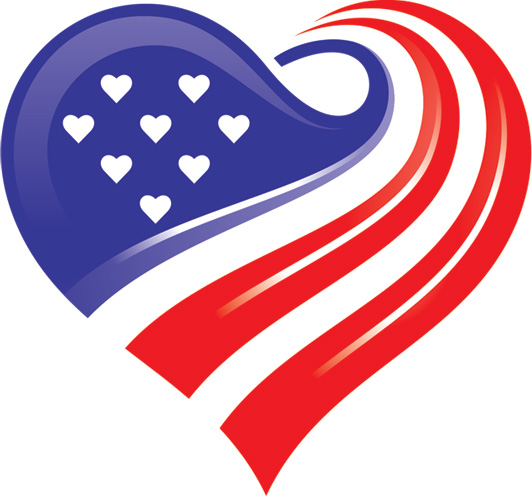Everyone is tired of the confinement that has slowed the spread of Covid-19, but some people have it tougher than others. This group of people are America’s Veterans of war. Especially those suffering from post-traumatic stress disorder. This already under-served segment of our society has unique needs that are difficult to address during the pandemic.
While the preventive methods based on guidance from CDC are the same, it is harder to implement them when you are already mentally challenged.
What is PTSD?
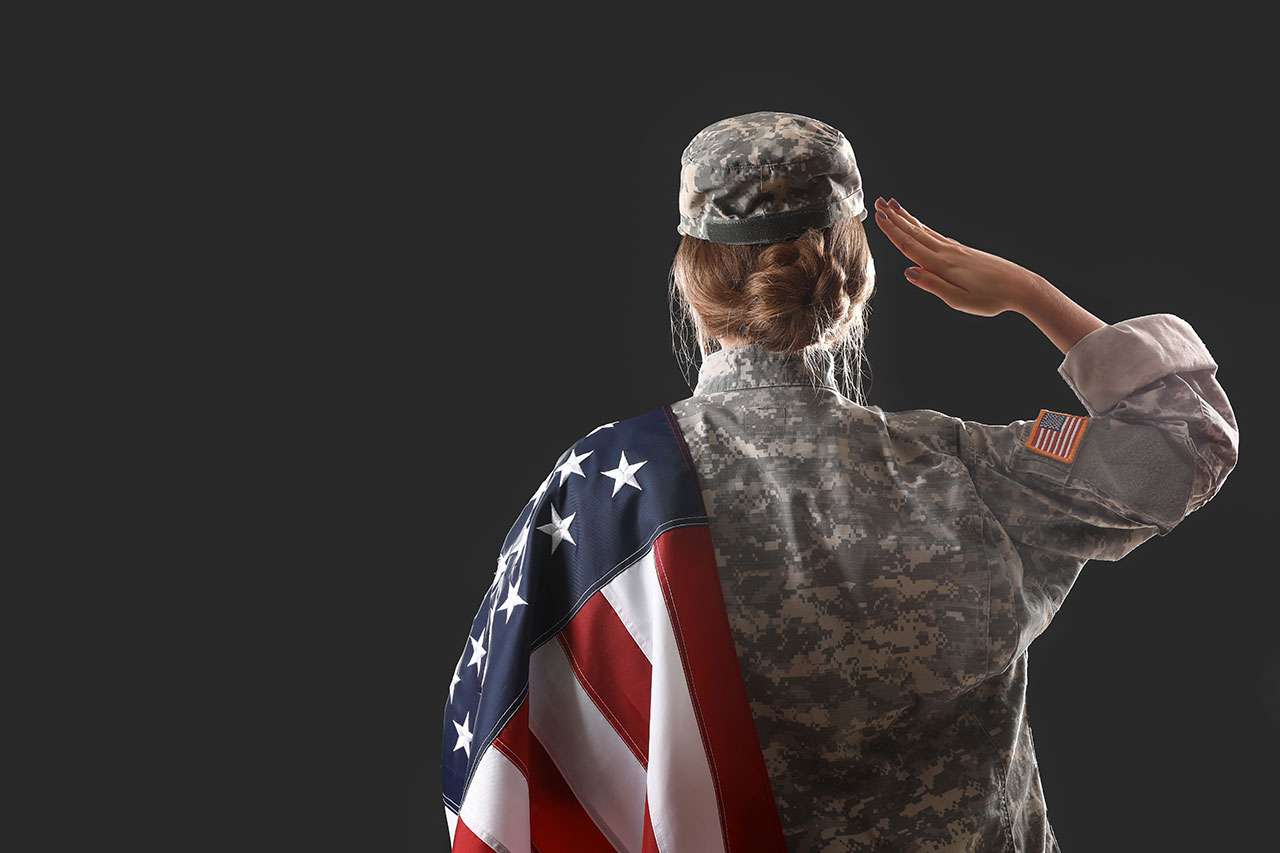
What are the symptoms of PTSD?
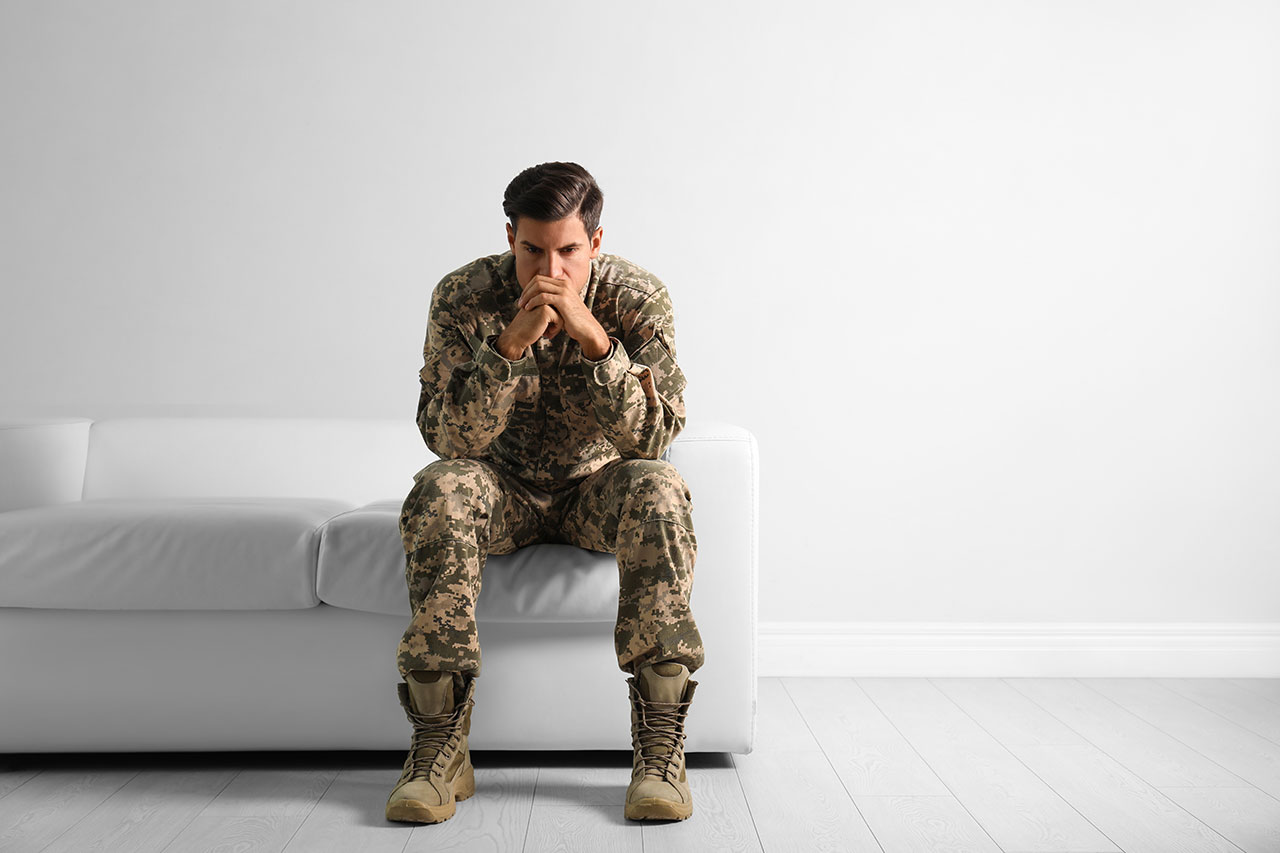
There is no way to determine who will fall victim to PTSD. Roughly half of Americans will experience trauma in their lifetime, and 1 in 10 men and 2 in 10 women will develop the mental health disorder. However, there are 4 kinds of symptoms that can indicate someone is suffering from PTSD.
- Reliving the event. It is not unusual to have bad memories of a traumatic event, but the person with PTSD may have flashbacks that seem real and scary, as if it is happening all over again. Nightmares may also occur. Triggers can cause victims to experience flashbacks. For instance, hearing a car backfire can sound like gunfire to a veteran, triggering memories of the trauma felt during battle.
- Avoiding reminders of the event. PTSD sufferers may avoid situations that trigger the memory, or stay so busy they don’t have time to think about it, eventually making them emotionally numb.
- Increased negative thoughts. Many people with PTSD feel sad or numb. These symptoms may imitate depression but are much worse. The person may feel that the world is dangerous and they can’t trust anyone. Guilt or shame about the traumatic event may manifest as wishing they had done something to keep it from happening.
- Always feeling “on edge.” Hyperarousal is the technical term for this constant tension. Trouble sleeping or concentrating and always looking for danger are common. Some people suddenly get angry or irritable, startling easily. This can lead to unhealthy actions like smoking, abusing drugs and alcohol, or driving aggressively.
What steps are being taken?
The VA is working closely with other federal agencies to protect Veterans suffering from PTSD and are also homeless, and the staff who are helping them. The Veterans in VA facilities are required to adhere to the same protocols which the VA staff members are using. According to the CDC, these methods include:
- Frequent handwashing with soap and water for a minimum of 20 seconds.
- Persistent use of 60% or greater alcohol-based hand sanitizers.
- Maintaining a distance of six feet from other people.
- Not shaking hands.
- Not touching their eyes, nose, or mouth.
In addition, VA staff members who exhibit symptoms of Covid-19 are being asked to stay home. Even visitors to VA facilities must follow the protocols.
What are the symptoms of Covid-19?
As more people became sick from Covid-19, health professionals have revised the list of symptoms. The most troublesome expression of the novel coronavirus is that it can manifest in many ways. However, the CDC has listed this revised list of symptoms.
People with COVID-19 have had a wide range of symptoms reported – ranging from mild symptoms to severe illness. These symptoms may appear 2-14 days after exposure to the virus:2
-
Fever
-
Cough
-
Shortness of breath or difficulty breathing
-
Chills
-
Repeated shaking with chills
-
Muscle pain
-
Headache
-
Sore throat
-
New loss of taste or smell
How is the VA protecting homeless Veterans?
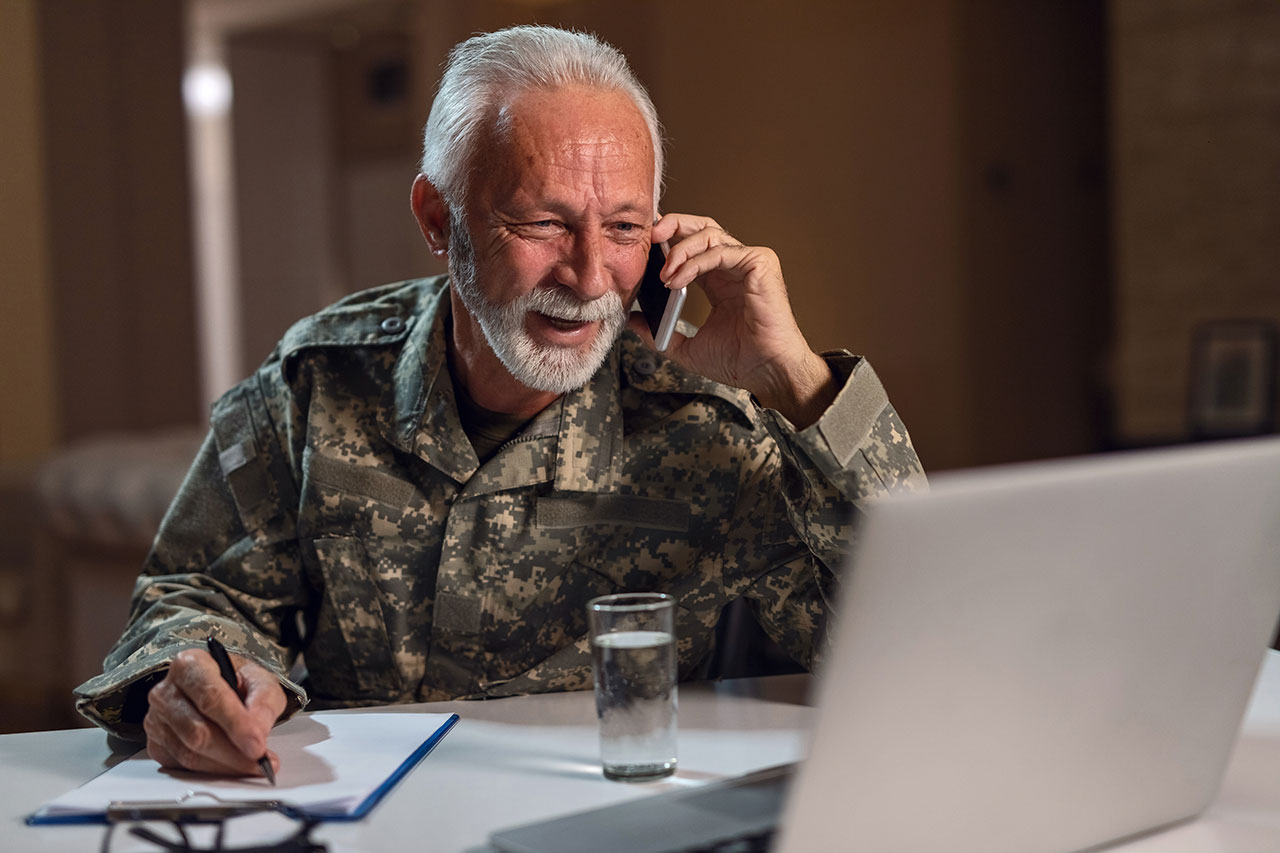
VA facilities have zones that separate infected patients from uninfected patients. The administration is also identifying appropriate accommodations for those who are homeless so that they can be treated when they do not need to be hospitalized. This is important because exposure of uninfected persons is limited, helping to lessen the burden on VA and non-VA medical facilities.
There are many causes of homelessness. Unfortunately, some people still think (erroneously) that people who are homeless have arrived at that place through personal failings and shortcomings. This can lead to feelings of being marginalized and stigmatized by their situation. Once in the situation, it can be very difficult to exit homelessness. The stigma carries many hidden costs, among them poor living conditions, more chronic health issues, and other physical and mental conditions. These hidden costs make individuals more vulnerable to Covid-19.
Veterans who are homeless or at risk of homelessness are strongly encouraged to contact the National Call Center for Homeless Veterans at (877) 4AID-VET (877-424-3838) for homeless assistance. If Veterans do not have access to a phone or the internet, only then are they to visit their closest VA medical center without calling in advance.4
Who else is helping homeless Veterans?
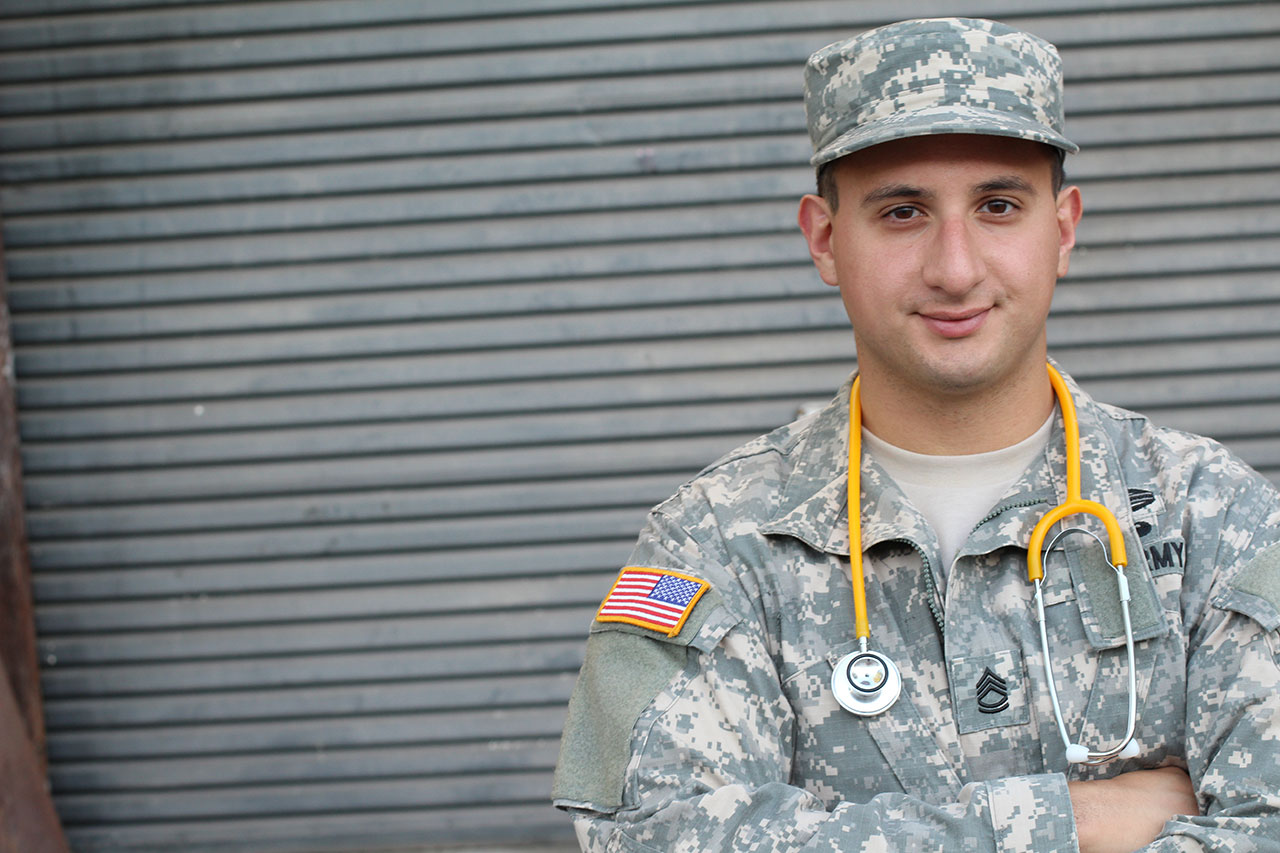
VA is working with the Centers for Disease Control and Prevention (CDC), United States Interagency Council on Homelessness (USICH), Health Resources & Services Administration (HRSA), Department of Housing and Urban Development (HUD), Department of Health and Human Services (DHHS), and National Health Care for Homeless Council.
Other Veterans who are at risk for Covid-19
Former troops who were exposed to burn pits in Iraq, Afghanistan, and elsewhere are at increased risk for contracting life-threatening cases of Covid-19. This is because burn pits were a way to get rid of waste in foreign wars. These Veterans may have compromised respiratory systems due to their exposure to burn pits. Recently, Veterans advocates and lawmakers are putting pressure on the Department of Veterans Affairs to increase outreach to these thousands of Veterans.
“Servicemembers who have been exposed to burn pits suffer from higher rates of asthma, emphysema, and rare lung disorders – making them particularly at risk for experiencing serious or potentially life-threatening symptoms should they contract coronavirus,” U.S. Senators Amy Klobuchar (D-MN) and Mike Rounds (R-SD) wrote in a letter to the VA.
“The VA estimates that over 3.5 million veterans have been exposed to burn pits, and over 200,000 veterans and servicemembers have signed up for the Airborne Hazards and Open Burn Pit Registry to date. Given the significant number of at-risk veterans, it is critical that the VA prioritizes efforts to ensure that these brave men and women are able to safely receive care during the current public health crisis.”
The jury is still out as to whether those people who experienced burn pit exposure are more prone to respiratory illnesses.3
Is the incidence of Covid-19 higher in Veterans?
According to the latest data from the CDC, the death rate among Veterans with Covid-19 is 6 percent. The rate for all Americans is 4 percent, significantly lower than the rate of death in Veterans. Since the population who are aged 65+ years is most vulnerable to the disease, Iraq and Afghanistan Veterans post-9/11 fit into that category, which is also the population of Veterans exposed to burn pits. Is there a relationship? Only time (and research) will tell.
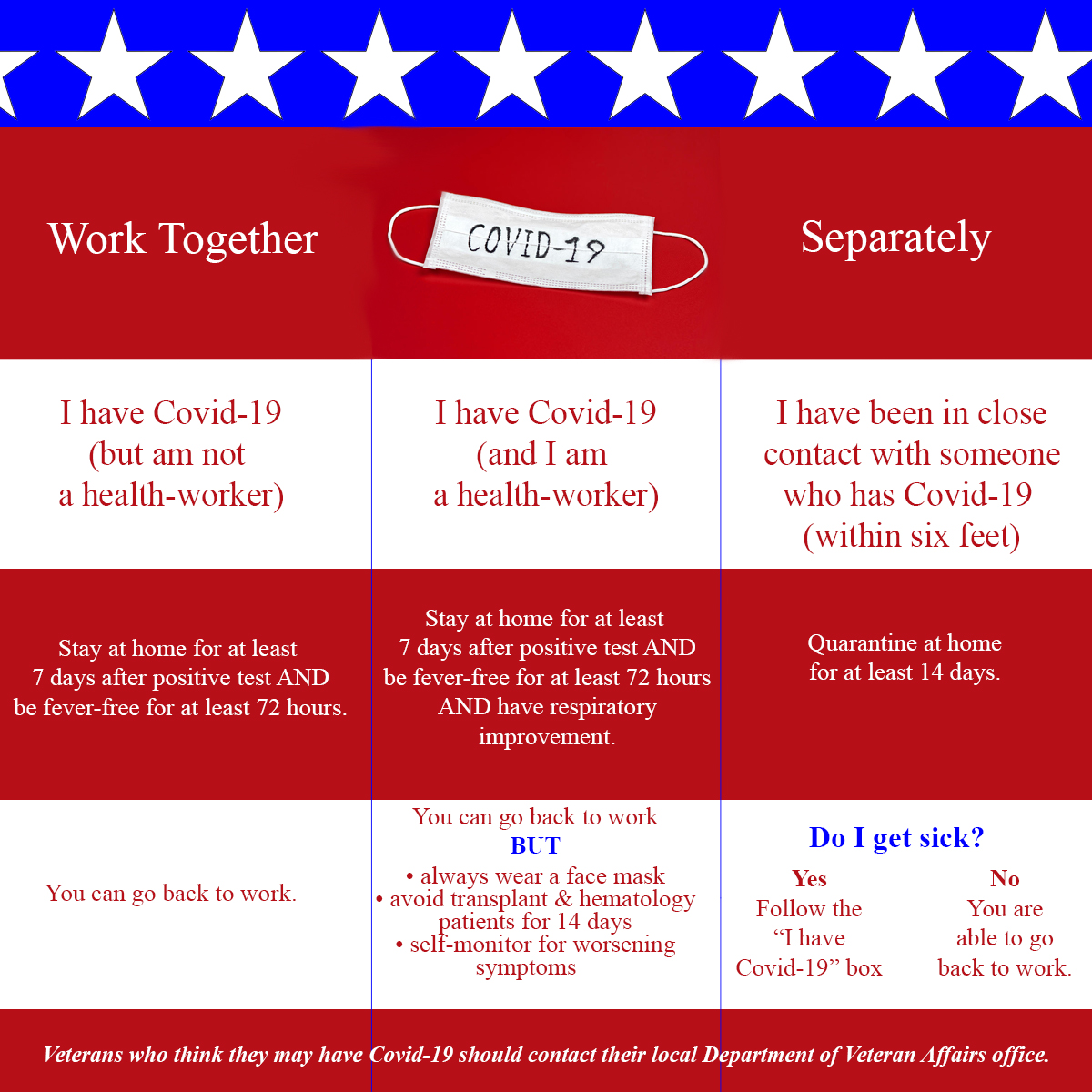
Footnotes
[1] “PTSD: Symptoms & Treatment: Military Veterans: Make the Connection.” Symptoms & Treatment | Military Veterans | Make the Connection,
[2] “Symptoms of Coronavirus.” Centers for Disease Control and Prevention, Centers for Disease Control and Prevention, 20 Mar. 2020.
[3] “Resources: Videos & Info for Military Veterans: Make the Connection.” Resources | Videos & Info for Military Veterans | Make the Connection.
[4] US Department of Veterans Affairs, Veterans Health Administration. “VA.gov: Veterans Affairs.” Protect Your Health, 13 Dec. 2013.

